Este artículo está también disponible en / This post is also available in: Spanish
October 31, World Cities Day
Today is World Cities Day (WCD). While many people will read or hear about the importance of commemorating this day, few may know exactly what it celebrates. Let’s delve into some history. In 2013, the United Nations established WCD with the aim of fostering cooperation among countries to address the challenges posed by urbanism and contribute to sustainable urban development worldwide.
At the Inter-American Development Bank (IDB), we strongly believe in the power of collaboration and recognize the pivotal role of cities in leading climate change action in Latin America and the Caribbean (LAC). The IDB Cities Network is dedicated to turning these objectives into reality in the region by promoting the collaborative exchange of knowledge among mayors and providing a platform to anticipate and lead actions against climate change.

Left: IDB Mayors Forum 2022 | Center: Juan Pablo Bonilla, IDB Climate Change and Sustainable Development Sector Manager | Right: Tatiana Gallego Lizon, IDB Housing and Urban Development Division Chief
In today’s blog post, we will discuss the latest initiative of the IDB Cities Network: the 2022 Mayors Forum. This significant event took place from October 19 to 21 in Buenos Aires, as part of the C40 World Mayors Summit. Keep reading to discover all the details.
IDB Mayors Forum 2022: Innovation and Resilience for Sustainable City Growth
As discussed in our previous blog post, cities have a crucial role in addressing climate change, being the primary contributors to greenhouse gas (GHG) emissions. City leaders are uniquely positioned to provide solutions and achieve sustainable urban growth.
The 2022 IDB Mayors Forum brought together heads of government and delegates from Latin American & Caribbean cities of different sizes and challenges. The objective was to exchange knowledge, enhance capacity building, and visualize actionable steps to accelerate the region’s climate ambition.

Left: Group photo IDB Mayors Forum 2022 | Right: Session Mayors Forum 2022
The forum went beyond discussions and roundtables on emissions reduction in cities. It also provided a platform to explore strategies for anticipating climate challenges and fostering resilience through innovation and leadership in urban areas.
This year’s Mayors Forum held special significance as it marked our return to in-person gatherings after the COVID-19 pandemic. Over the course of three days, four sessions were conducted, each focusing on crucial themes: adaptation and resilience, mitigation, financing, and governance for climate action.

Meetings during the IDB Mayors Forum 2022
Below, we present four key lessons learned from this important dialogue:
1) Impacts and adaptation responses to climate change are different for each territory and context:
Each city’s location (coastal, mountainous, riverine, or Amazonian) and size influence the specific adaptation plans required. Here are examples of solutions for each location:
- Coastal cities: Enhance infrastructure to address coastal erosion and sargassum damage, ensuring smooth travel for communities to schools, workplaces, and hospitals.
- Andean or mountainous cities: Promote sustainable urban growth and regeneration while preserving risk areas in ravines and foothills.
- Amazonian cities: Prioritize climate change adaptation actions that consider budgetary constraints and the negative impact of agribusiness.
- Large cities: Reduce inequalities and promote socio-urban integration, with particular attention to vulnerable communities.
2) Urban planning must be sustainable, resilient and inclusive:
The session on “climate change mitigation” explored the sectors and activities in cities that generate the highest greenhouse gas (GHG) emissions. Solutions discussed included decarbonization of transportation, promotion of electromobility, eco-efficiency in buildings and built environments, tree planting, and territorial planning.
According to Carlos Moreno, an associate professor at IAE Paris Business School in France, we have the opportunity to create happier cities. By embracing the concept of the 15-minute city, we can foster a calmer pace of life, maximize space reuse, and encourage a sense of place ownership.
3) Investment for climate action must be optimized:
Increasing resources for climate action is necessary, but it is equally important to invest wisely. Currently, less than 10% of climate resources mobilized are allocated to adaptation. Achieving the Sustainable Development Goals and meeting climate commitments requires mobilizing diverse forms of investment: public, private, local, national, and international, both in terms of capacity and capital.
The latest report from the Climate Policy Initiative (2022) highlights three key messages:
- There is not enough climate investment flowing to urban areas in developing countries.
- There is a huge gap in funding dedicated to adaptation and resilience.
- Local governments must collaborate with national governments, financial institutions, the private sector, and civil society to unlock and scale up investments for climate action.
4) Increased ambition to maintain the 1.5°C target and reduce the impacts of climate change:
Cities play a vital role in coordinating with national governments to effectively implement and monitor the nationally determined contributions (NDCs) required to maintain the 1.5°C target.
Philipp Rode, Executive Director of LSE Cities, emphasizes the importance of strengthening the support and reciprocal relationship between national and subnational governments to improve local-level access to finance. Additionally, Javier Torner, UN-Habitat specialist, highlights two key elements: the limited time available to execute environmental plans and the need to integrate the environmental agenda into the broader social agenda. Lastly, Ricardo Bertolino, Executive Director of the Argentine Network of Municipalities Facing Climate Change, stresses the importance of monitoring and having indicators that are conducive to these efforts.
The time for action is now
The time has come. We need to choose what kind of cities we want for our present and for generations to come. While this is an important issue every day of the year, the celebration of World Cities Day, less than a week before COP27, is the time to demonstrate it. We must convince ourselves that action against climate change is necessary for economic growth and an opportunity to generate better quality jobs, diversify our productive matrices, and promote safer and more inclusive development

Left: Richard Martinez, IDB Vice President for Countries | Center: Maria Camila Uribe, IDB Cities Network Coordinator | Right: Benigno Lopez, IDB Vice President for Sectors and Knowledge with a municipal leader
At the IDB, we remain dedicated to promoting cities as leaders in the fight against climate change. If you found this blog insightful, we invite you to register here for our monthly newsletter to stay updated on our latest blogs, courses, and publications from the IDB Housing and Urban Development Division.
La voz de los expertos:
Related publications:
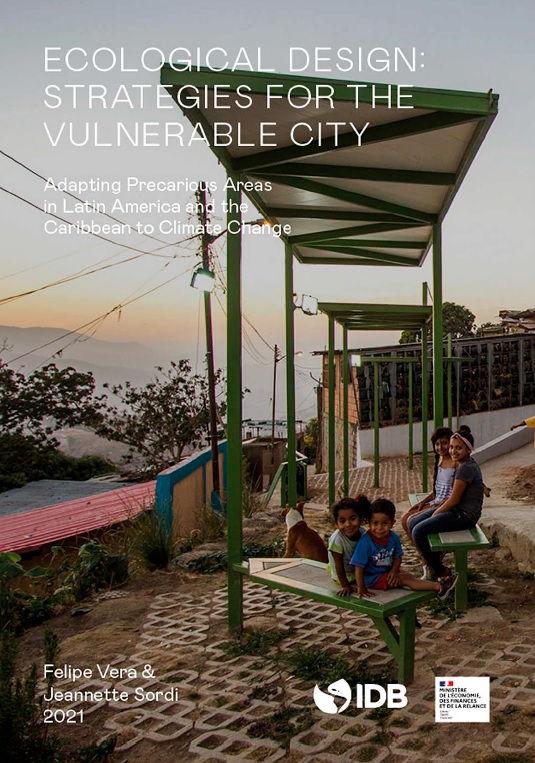
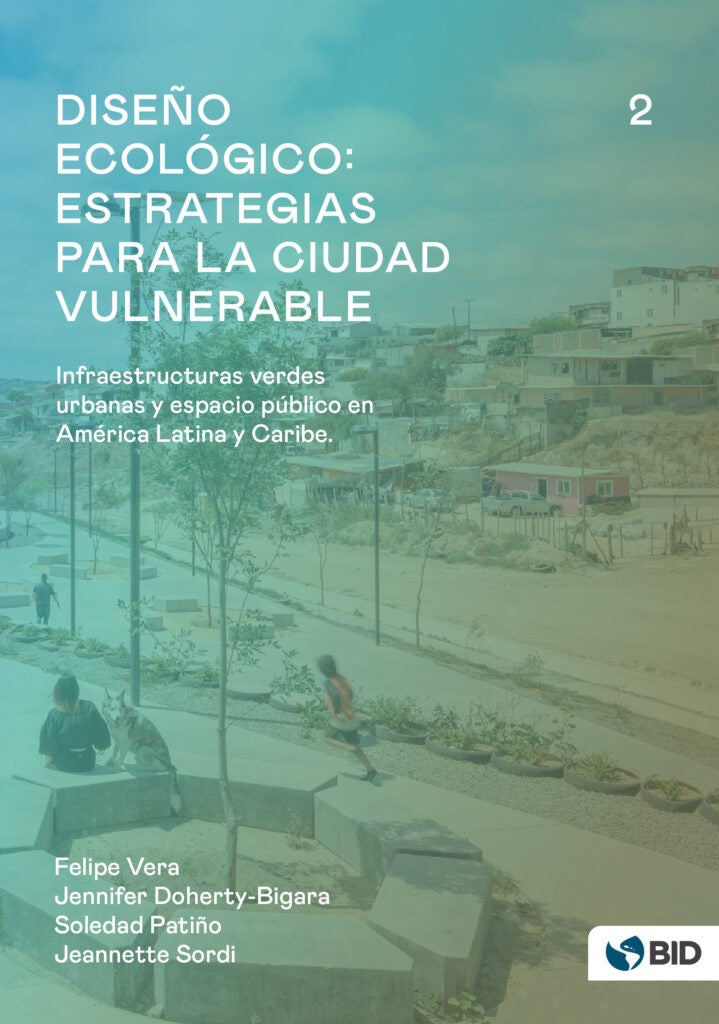
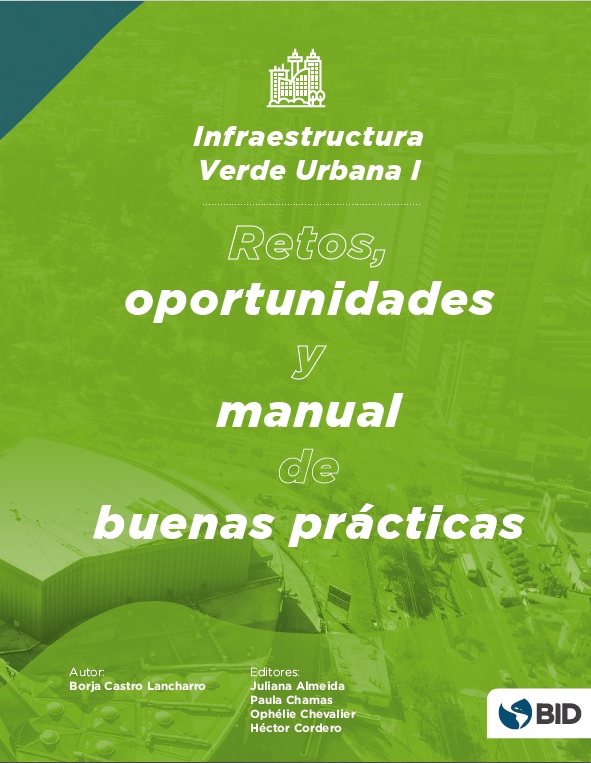
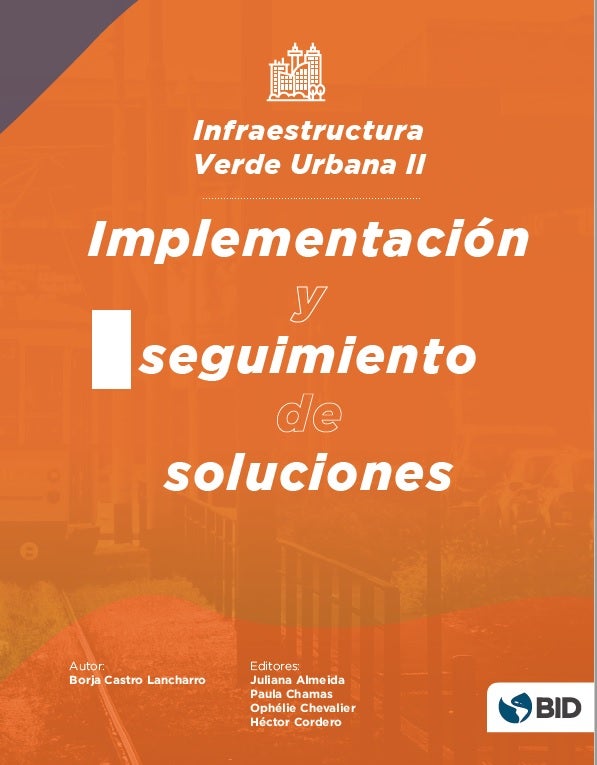
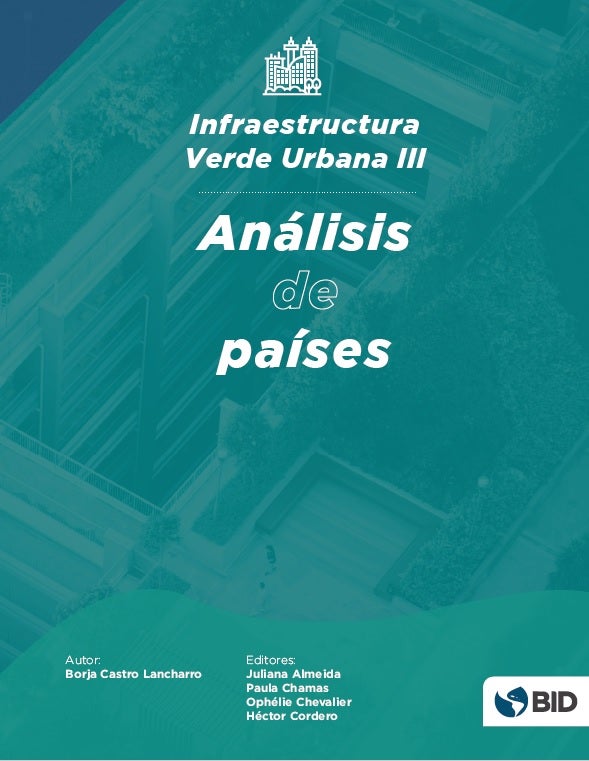

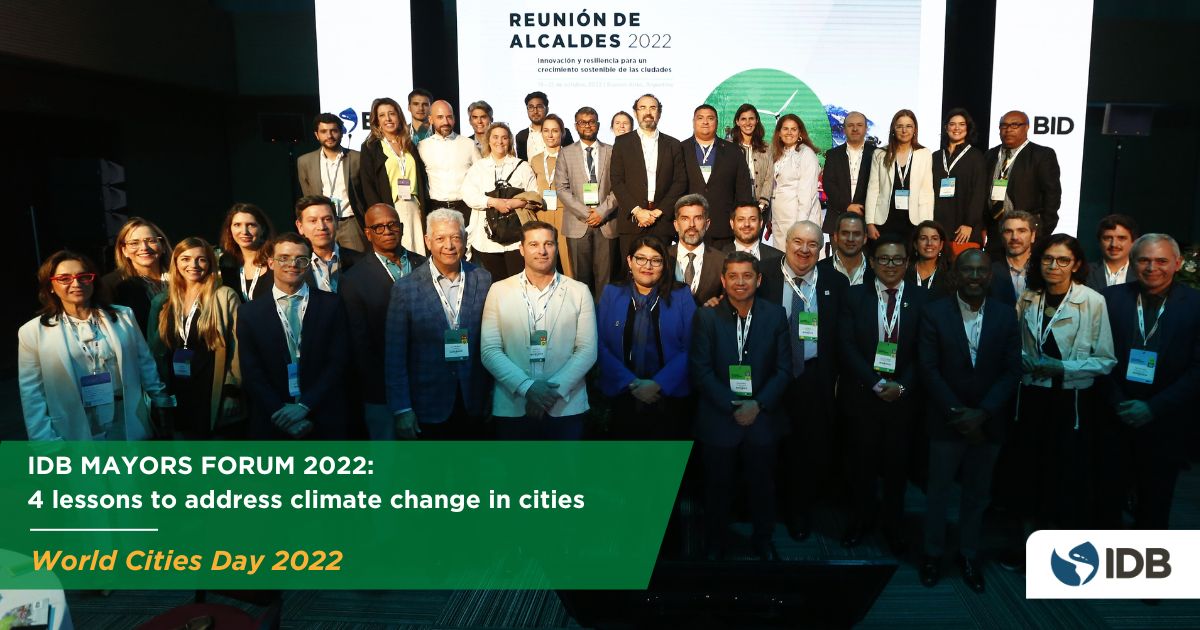
Leave a Reply